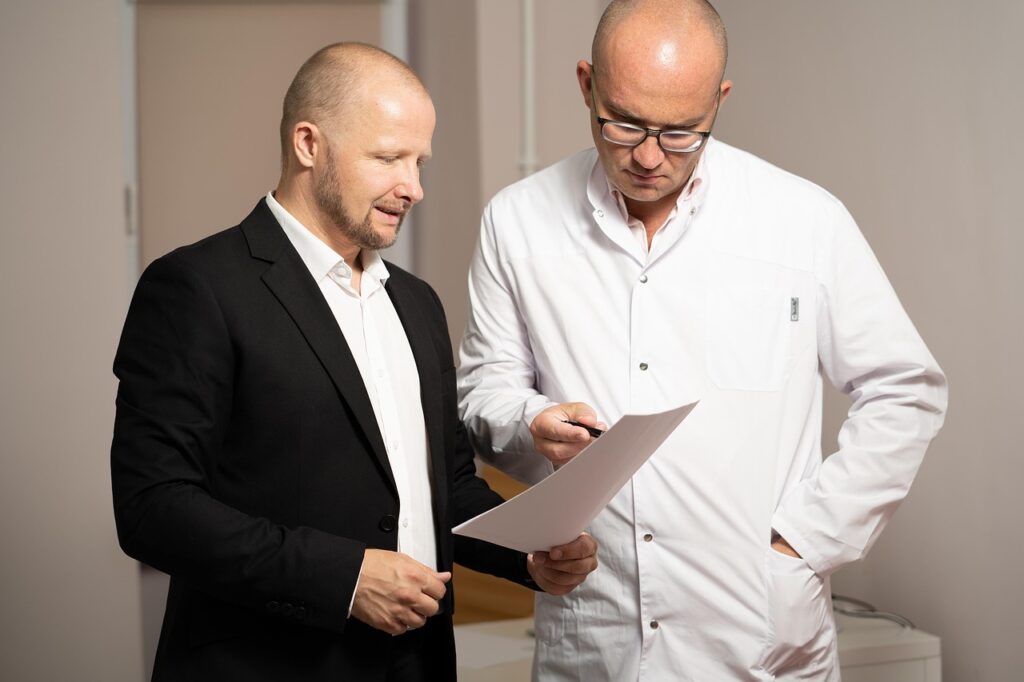For starters, no matter how good a translator is in their field of expertise, the client’s expert will know more than them—otherwise they would poach our translators to run their projects. Luckily, accurately translating experts’ hard work is easier than creating it from scratch.
Second, SME’s are a critical ingredient in effective multilingual glossary creation. Some translation projects require specific knowledge about the terms and names a company uses to refer to industry standards and the SME is the only source of proprietary or company-specific information for translators and tells us not only how to localize terms and abbreviations but also when to preserve certain names, labels or abbreviations for standardization. Clients rarely define and use terms exactly how the dictionary does. When the client’s SME finely tunes the glossary before translation, our linguists know exactly how to handle each and every word to guarantee that everything lines up in the end.
Having an approved glossary before translation begins makes translation so much smoother, but believe it or not, only 5% of our clients opt to involve SME’s in their translation process. This increases turnaround time and can confuse audiences—not to mention makes me sound like a broken record.
So I’ll keep asking clients to involve their subject-matter experts because it produces the best results for clients—and not because our linguists aren’t amazing, they are.

